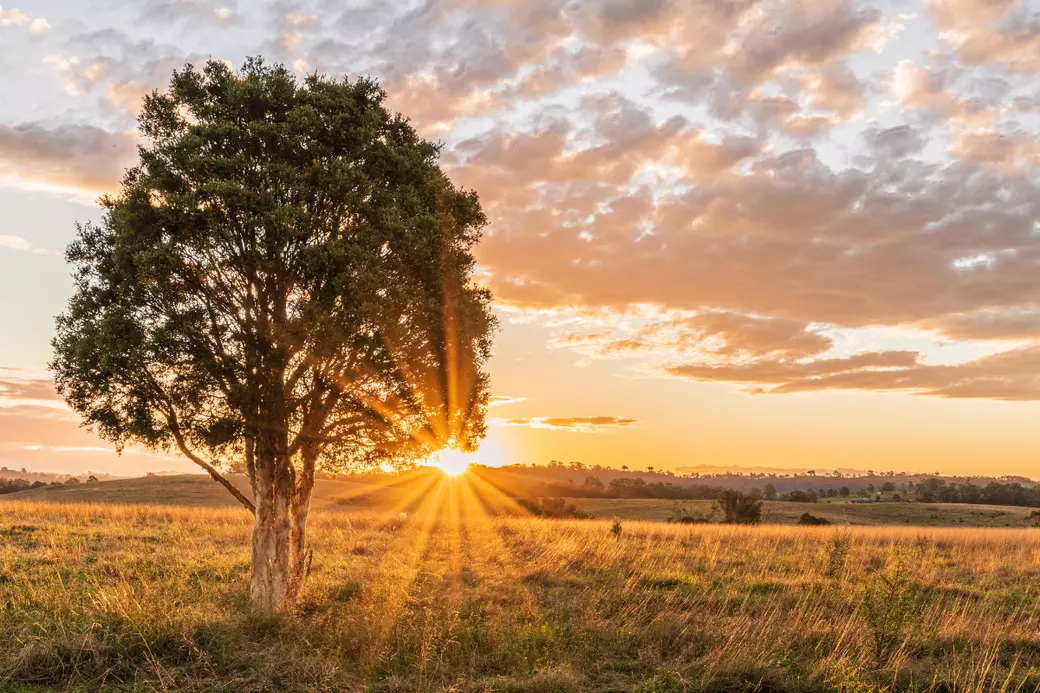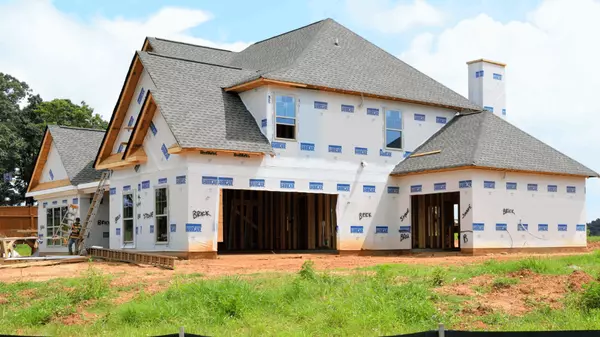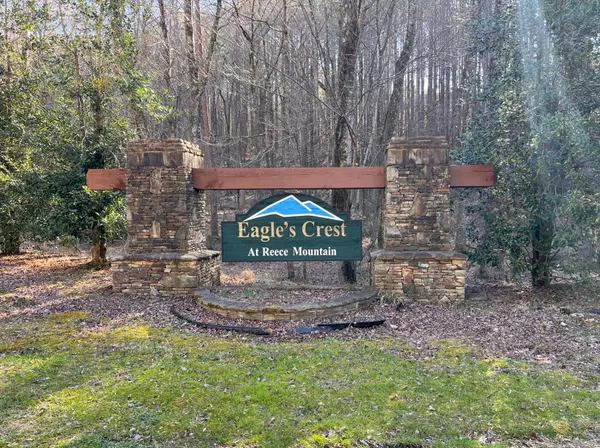Top Features to Look for When Buying Land in Georgia

Top Features to Look for When Buying Land in Georgia
1. Location and Accessibility
The old adage in real estate—location, location, location—is just as critical when purchasing land in Georgia. Whether you're looking for a rural retreat, a hunting tract, or a prime residential lot, accessibility plays a significant role in the land’s value and usability.
First, consider how close the property is to essential amenities such as schools, healthcare, and shopping centers. Proximity to well-developed towns like Athens, Macon, or the Atlanta metro area can significantly influence appreciation potential. Rural properties may offer peace and privacy but can also mean longer drives for groceries or medical care.
Additionally, check for legal and physical access. Just because a property is mapped out doesn’t mean there’s a legal road leading to it. Some parcels are landlocked, requiring a deeded easement across neighboring properties. Publicly maintained roads are ideal, as private or unmaintained roads could lead to costly upkeep.
2. Zoning and Land Use
Before falling in love with a property, confirm that it aligns with your intended use. Zoning laws in Georgia vary by county and dictate whether a property can be used for residential, agricultural, or commercial purposes. Some rural areas offer flexibility, while others impose restrictions that could prevent you from building a barndominium, subdividing lots, or raising livestock.
Additionally, research any existing restrictions, including HOA rules or covenants. Some communities impose strict regulations on home size, building materials, or land use that could impact your plans. If you intend to run a business from your property, be sure the zoning allows for commercial activities.
3. Utilities and Infrastructure
Not all land comes ready for development. Utility access is a major consideration, as costs to bring services to undeveloped land can be significant.
- Water: If municipal water isn’t available, you may need to drill a well, which can cost anywhere from $5,000 to $15,000, depending on depth and location.
- Sewage: If a sewer connection isn’t available, a septic system is necessary. A percolation (perc) test will determine if the soil can support a septic system.
- Electricity: Check with local power companies to see if electricity is available or if you’ll need to pay for line installation.
- Internet & Cell Service: Many rural areas in Georgia still have limited internet and cell service. If connectivity is important, verify coverage with providers.
4. Soil Quality and Environmental Factors
Georgia’s diverse landscape means not all land is created equal. If you plan to build, a soil test is essential to determine if the ground can support a foundation. Expansive clay soil, common in some regions, may require extensive preparation before construction.
Flood zones are another major concern, particularly for properties near rivers, lakes, or wetlands. Check FEMA flood maps and consult a surveyor to understand potential water-related risks. If the land has wetlands or conservation easements, your ability to develop could be restricted.
Additionally, consider the topography. Rolling hills may provide scenic views but can also lead to expensive grading work. Flat land is often easier to build on but may require drainage improvements.
5. Property Boundaries and Surveys
A professional survey is critical before purchasing land. Many older properties may have unclear boundaries or disputed property lines. A proper survey ensures that you’re purchasing the correct parcel and that there are no encroachments from neighbors.
Easements—legal agreements allowing others to use portions of your land for utilities, roadways, or other access—should also be reviewed. Some properties come with restrictions that limit your ability to build in certain areas.
6. Financial Considerations and Taxes
Property taxes in Georgia vary based on county, land use, and zoning. Agricultural land often benefits from lower tax rates, while commercial properties may have higher assessments. Check with the local tax assessor to understand the long-term financial commitments associated with the property.
Beyond taxes, budget for additional costs like clearing the land, building a road, or setting up utilities. These expenses can quickly add up, so it’s crucial to factor them into your overall investment strategy.
For financing, land loans differ from traditional home mortgages. Many lenders require a higher down payment (typically 15-20%), shorter loan terms, and higher interest rates. Some sellers may offer owner financing, but terms can vary widely.
7. Market Trends and Investment Potential
Buying land isn’t just about the present—it’s about the future. Look into regional market trends to determine whether property values are appreciating in your desired area. Areas experiencing rapid growth, such as North Georgia and the outskirts of Atlanta, may offer long-term investment potential.
If you’re considering agricultural or timberland investment, evaluate the land’s soil quality and access to local markets. Georgia’s timber industry remains strong, and properly managed land can provide additional income through sustainable logging.
Additionally, infrastructure developments—such as new highways, commercial centers, or planned communities—can drastically impact land value. Keeping an eye on upcoming projects can help you buy ahead of the curve.
8. Final Thoughs
Choosing the right piece of land in Georgia requires thorough research and a keen eye for detail. Whether you're buying for investment, development, or personal use, making an informed decision is key. If you need expert guidance in navigating the land-buying process, reach out today. I specialize in helping buyers find the perfect property that fits their needs and investment goals.
Let’s connect—your ideal piece of Georgia land might be just a call away.
Categories
Recent Posts











